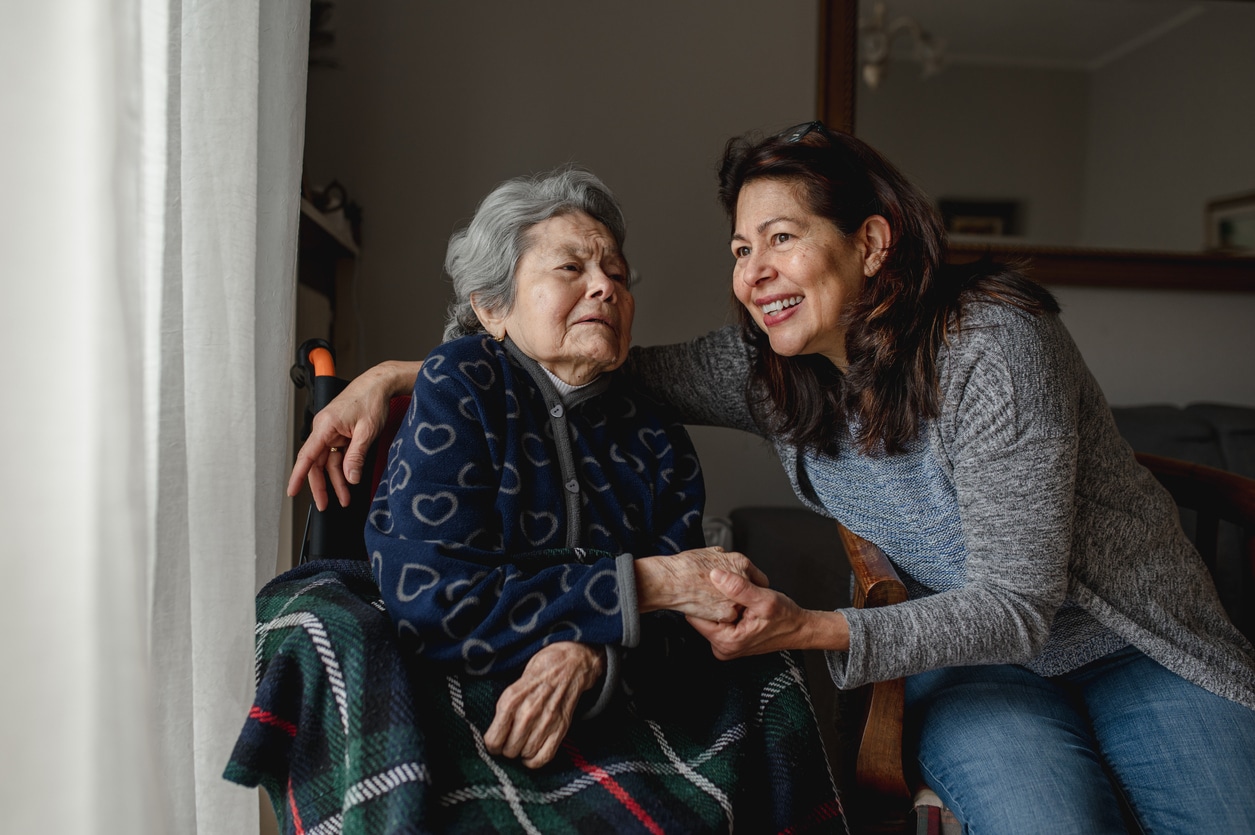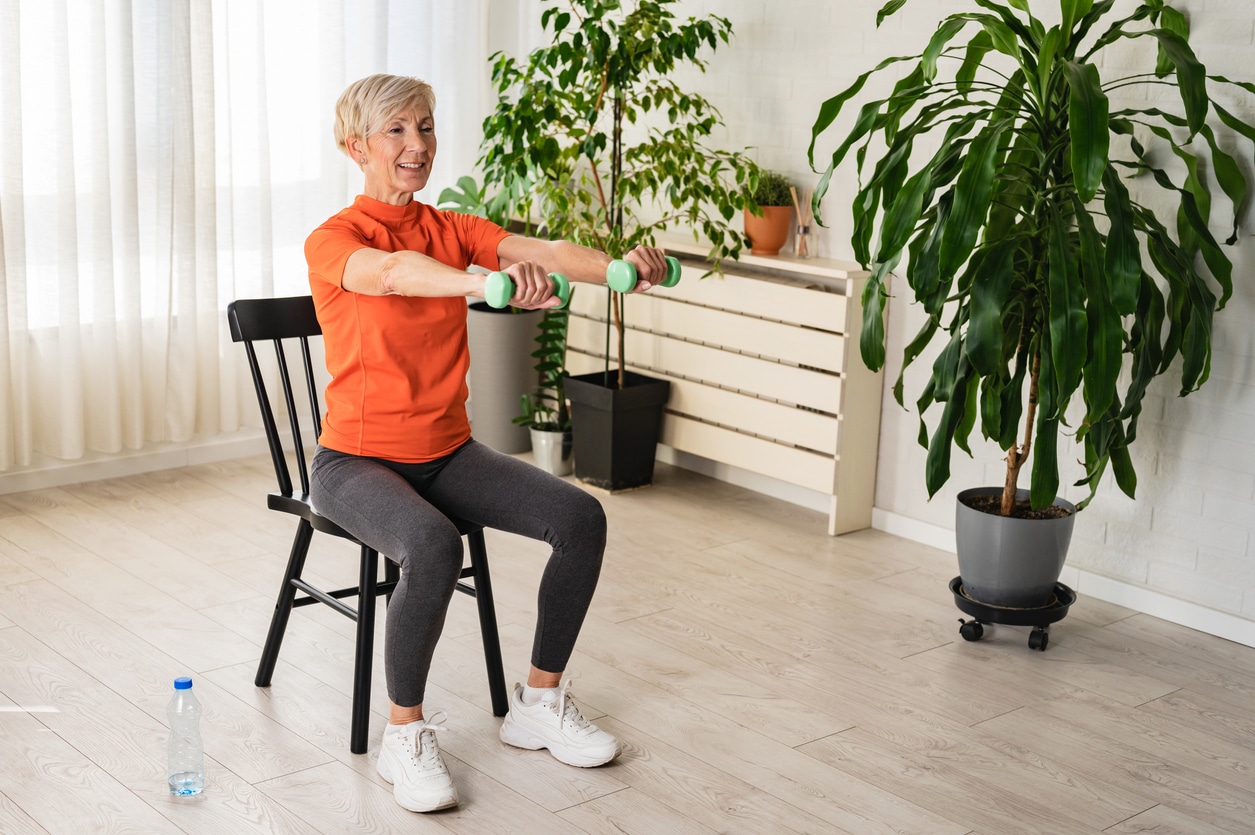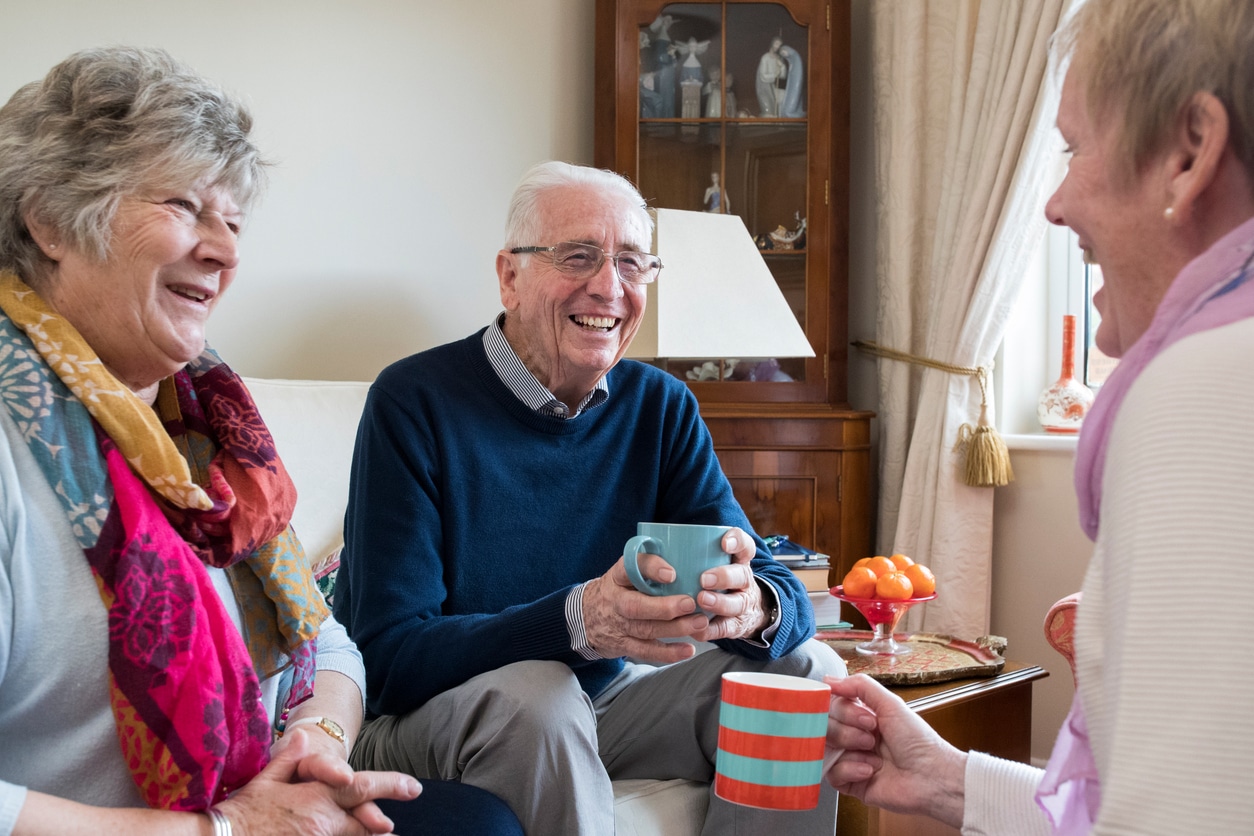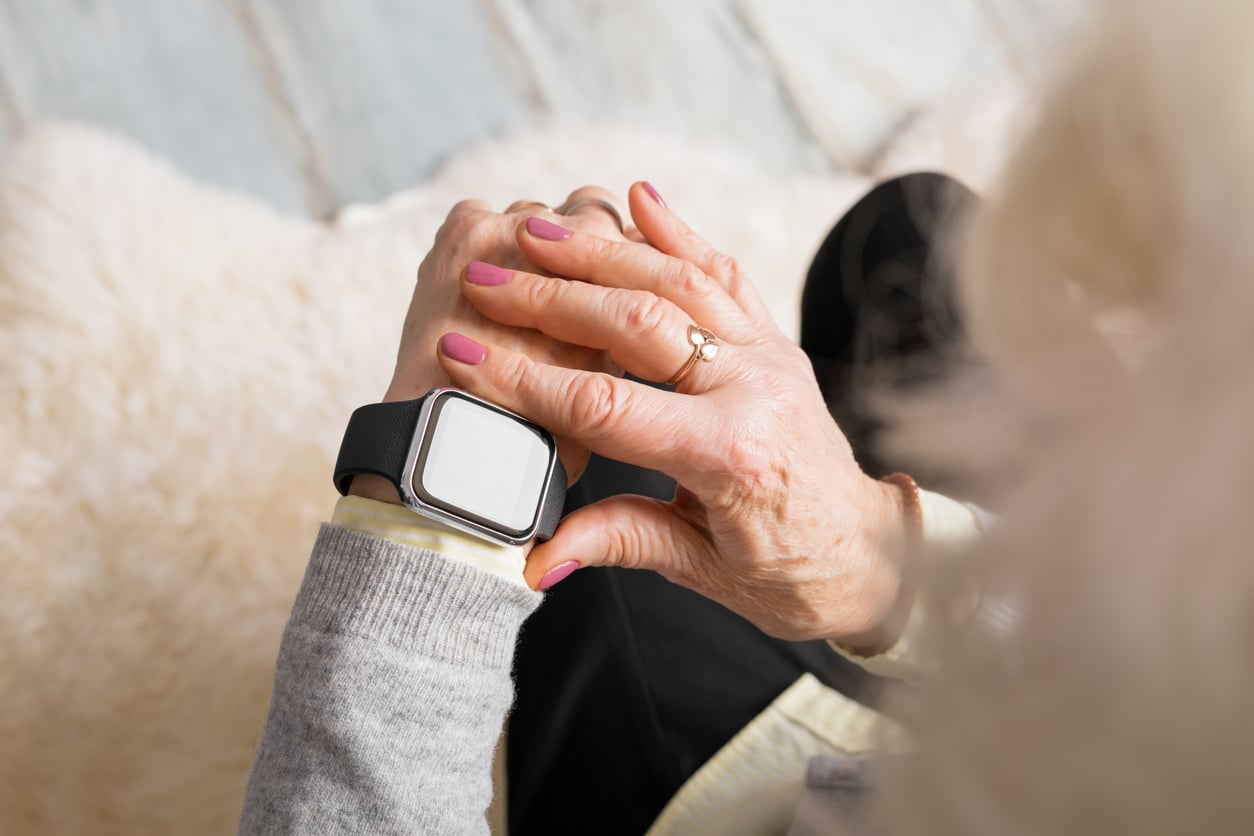Multiple sclerosis (MS) is a multifaceted neurological condition affecting the central nervous system. As the central nervous system controls all bodily functions, symptoms such as muscular weakness and atrophy, sensory changes, imbalance, and pain can be present. Amyotrophic lateral sclerosis (ALS), or Lou Gehrig’s disease, affects the motor neurons in the brain and spinal cord that control the voluntary muscles throughout the body. This deprivation of nerve impulses to the muscles causes them to atrophy, and eventually the person affected becomes incapable of making or controlling voluntary muscle movements. As both of these diseases progress, they can severely affect a person’s mobility.
There is currently no cure for MS or ALS, and most people with these diseases will eventually require both emotional and physical support from family and friends. As each of the conditions varies in complexity from person to person, so too does the care required. As a caregiver, you may be required to carry out tasks that the person you care for was previously able to do on his own, such as food preparation, feeding, and assistance with hygiene and mobility.
Although providing emotional and physical care for someone with MS or ALS can be a profound experience, it can also be challenging. The pressure of managing caregiving with other responsibilities can initiate very powerful feelings of guilt, depression, or anger. To be a successful caregiver, you must take care of yourself in addition to your loved one.
Essential Tips and Support for Caregivers of ALS and MS Patients
Manage Your Stress
Many caregivers may not get adequate personal time, which can decrease your coping and stress management abilities. It is important to take care of yourself both physically and emotionally. Low-impact exercise, creative activities, humor, and social or family events are great ways to help alleviate stress and stay healthy.
Create a Support Network
Caregivers do amazing work in caring for their loved ones. Recognize your importance and the value of the job you’re doing. Create networks and support systems with other caregivers, family members, and friends to gain and share answers to questions about common caregiving experiences.
Educate Yourself
Knowledge is your most powerful weapon as a caregiver. Get as much information as possible about ALS, MS, and the art of caregiving. The more you know, the more equipped you will be in giving care and support.
Get Mobility Assistance
You may need to help with providing mobility assistance such as walking, transporting, and getting up from a chair. Recognize the limits of your own strength and endurance, and enlist the help of assistive devices. Assistive devices such as wheelchairs, walkers, and transfer vests are designed to help you safely move your loved one with less strain on your body.
Invest in a Medical Alert System
It can be physically and emotionally challenging to care for a loved one with MS or ALS, but by taking care of yourself and knowing all you can about your loved one’s condition, you can help him stay as healthy as possible.
If you are seeking protection, peace of mind, and the fastest possible response in an emergency, Lifeline offers easy-to-use medical alert systems that can be tailored to your unique lifestyle. Whether you’re looking for protection at home or on the go, we’re here to help you find the perfect solution.
Get started today by taking our short product selection quiz to determine which system is the right fit for you or a loved one. Your safety, independence, and peace of mind are our top priorities, and we’re here to assist you in ensuring a rapid response in times of need.




